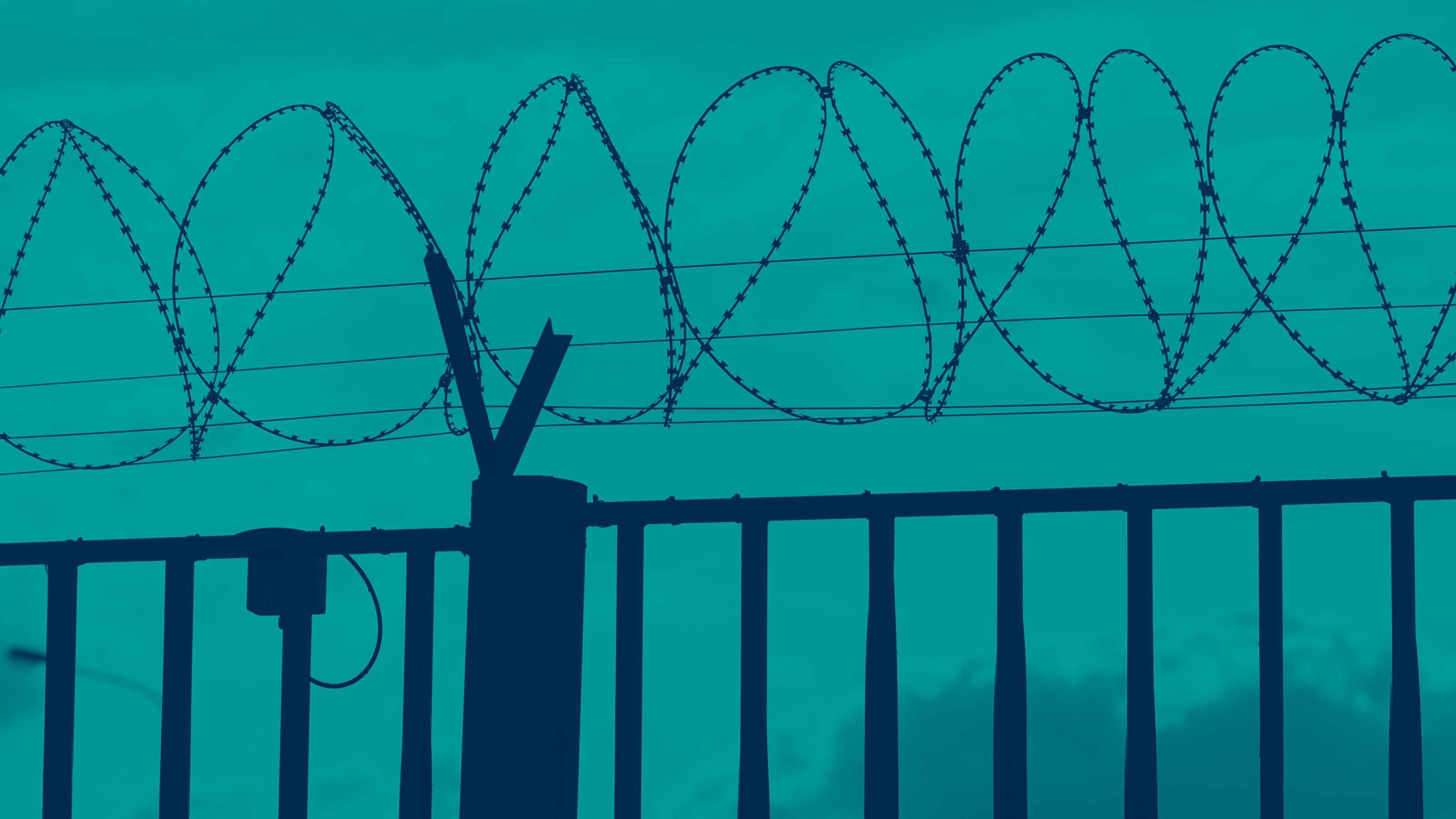Registration
You will receive an email confirming your registration.
The recent rise of China has led major powers to support India’s role as a global player — a role that it carries a deep desire for. Yet, it remains reluctant to make choices to help achieve this vision. Given that India’s military capabilities remain significantly lower than the United States and China, will India pursue its aspirations and depart from its civilizational legacy and status quo orientation? Further, what measures does New Delhi need to take to transform its military to reflect its great power ambitions?
Carnegie India hosted Aparna Pande for a discussion on the "Military and Grand Strategy" chapter from her latest book Making India Great: The Promise of a Reluctant Global Power. The discussion was moderated by Srinath Raghavan.
Discussion Highlights
- India — An Unconventional 'Great Power': Participants noted that India is not a conventional Great Power when it comes to peer recognition, military strength, or regional influence. It is a status quo power without revisionist ambitions. However, most Indians view the country as a Great Power, particularly in the context of the rise of China. Participants observed that this claim for a place at the global high table is made not based on defense capabilities, but instead on grounds of soft power, civilizational legacy, geostrategic location, and economic potential. Thus, India aims to become a benevolent power.
- Colonial Legacy of the Indian Military: Participants argued that in India, defense has traditionally been viewed as one aspect of foreign policy instead of an instrument in itself and that in many ways the Indian armed forces today resemble those from the colonial era. Participants highlighted that there is significant scope for improving the officer-soldier ratio and for investment in training and equipment. Post-independence India developed a strong sense of civilian supremacy, and its military strategy was defined by reticence and restraint. It held on to the traditional policy of non-engagement of forces in areas beyond the Indian subcontinent.
- India’s Military Strategy and Expenditure: Participants posited that if India wants to project its power in the Indo-Pacific, it needs to allocate more resources for the development of a 21st-century military force which is prepared for both high-altitude and maritime conflicts. Participants noted that though India ranks fourth in the Global Fire Power Index of 2019, its defense spending over the last two decades has declined as a share of its GDP.
- Modernizing Indian Military: Participants explained that if India wants to become a global power, it will need economic growth, a larger technological industrial base, and a domestic defense production base. Participants mentioned that Indian policymakers in the post-independence period believed that since India remained non-aligned in the Cold War, it lacked enemies and therefore did not need structural wherewithal for periodic modernization. Further, they observed that although India slowly started the process of modernization since 2002, the approach has been ‘fix and start’ — purchasing equipment to manage the deficit in each service – and strategic intent is missing.
- Identifying the Challenge: Participants agreed that to become a credible global power India must make hard power commitments. The main challenges to India’s military strategy are adequate reforms and a futuristic outlook on the world order. Participants argued that India’s challenge of strategic planning — allocation of funds, building infrastructure, and developing a vision — is particularly evident at a time when India seeks to play a bigger role in the Indo-Pacific. Participants stated that Indian policymakers need to make the choice between tweaking old mechanisms and making new investments necessary for India’s transition into a global power in the coming decades. Moreover, India needs to strike a balance between domestic and international security concerns, and it must use the current crisis as an opportunity for change.
This event summary was prepared by Kasturi Misra, a research intern at Carnegie India.
